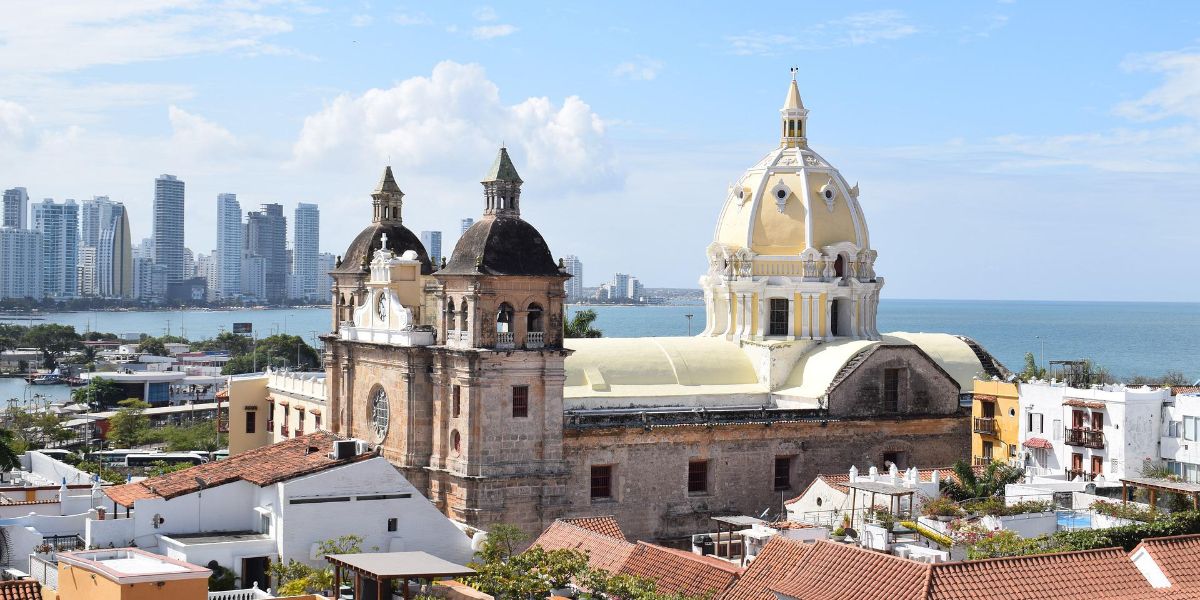On 16 September 2024 the OECD published the simplified peer review report on Colombia under Action 14 of the project on base erosion and profit shifting (BEPS).
Under BEPS Action 14, members of the OECD Inclusive Framework have committed to implementing the minimum standard on strengthening the effectiveness of dispute resolution procedures. Dispute resolution takes place through the mutual agreement procedure (MAP) in Article 25 of the OECD Model, under which countries endeavour to resolve disputes related to the application of tax treaties.
Following the conclusion of the initial two-stage peer review process in 2022, a continued monitoring process has begun for all Inclusive Framework member countries. Jurisdictions that already have meaningful MAP experience are to undergo a full peer review process once every four years; and countries that do not yet have meaningful MAP experience are to be subject to a two-stage simplified peer review process. The report on Colombia sets out the results of Stage 1 of the simplified peer review of the implementation of the Action 14 minimum standard.
The peer review report notes that Colombia has a modest tax treaty network with 19 tax treaties and an established MAP programme, however its experience with resolving MAP cases is limited. The report concludes that Colombia generally meets most of the elements of the Action 14 minimum standard. All but one of Colombia’s bilateral tax treaties contain a provision relating to the MAP, and the treaties are largely consistent with the requirements of the minimum standard.
To be fully in line with all the important areas of an effective dispute resolution mechanism under the Action 14 minimum standard, the report notes that Colombia needs to amend and update seven of its tax treaties. This can be done through the multilateral instrument (MLI) to include BEPS-related provisions in bilateral tax treaties; or in other cases treaties can be amended through bilateral negotiation. Colombia has a plan in place to update the bilateral treaties as required, and discussions or negotiations have begun with the relevant treaty partner countries.
The peer review report notes that Colombia has a bilateral APA programme in place, but this does not allow for the roll-back of bilateral APAs. Colombia provides access to the MAP in all eligible cases. There is a documented bilateral consultation or notification process for situations where the competent authority considers that the objection raised by the taxpayer in a MAP request is not justified. Colombia has also published clear and comprehensive guidance on the availability of the MAP and how it applies this procedure in practice.
The report notes that Colombia did not close any MAP cases between 1 January 2020 and 31 December 2022, and the MAP inventory increased from two to ten during that period. The report therefore recommends that Colombia should ensure sufficient resources are made available for the competent authority function to allow the resolution of MAP cases in a timely and efficient manner. Colombia should also implement its plan to increase the number of staff in the competent authority.














